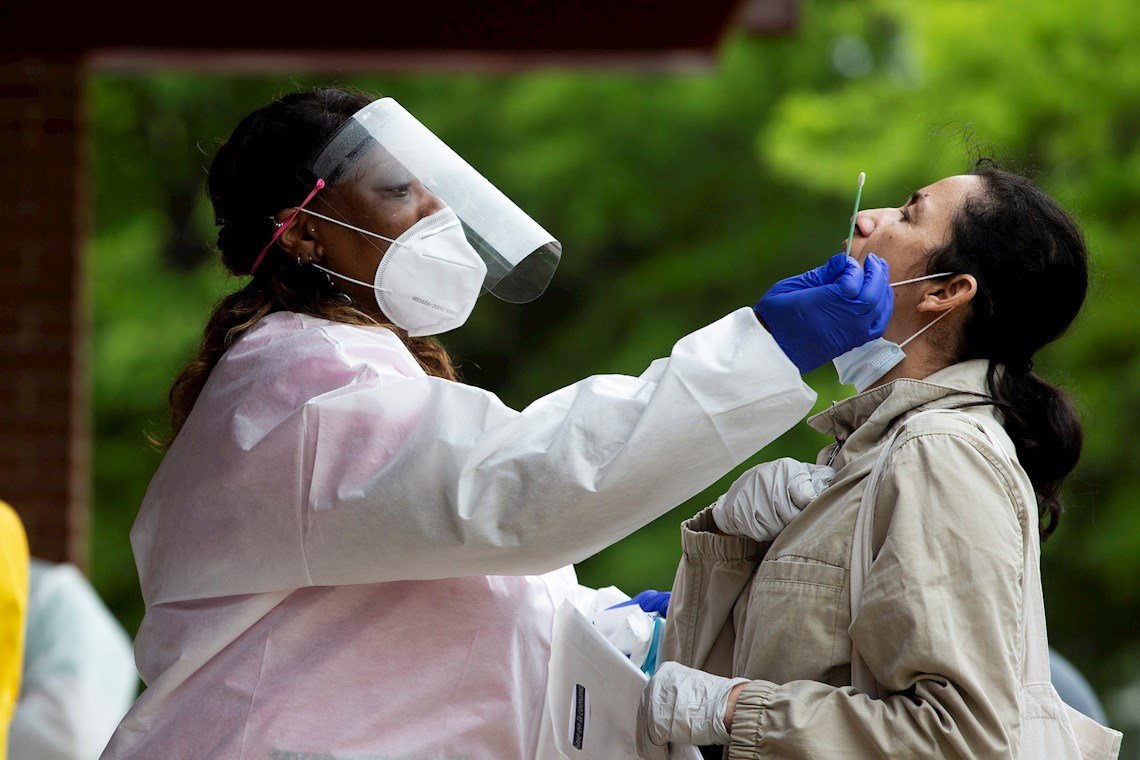People infected with the original strain of cSARS-Cov-2 coronavirus had more symptoms during the acute phase of the disease and were more persistent compared to those who became ill with later variants, indicates a study by Spanish researchers.
The research, published in pathogens and signed, among others, by the Rey Juan Carlos and Complutense universities of Madrid and Valencia, has compared the symptoms during the acute phase and six months after infection with the Wuhan, Alpha and Delta variants of the coronavirus.
The most common persistent symptom in all variants of the virus was fatigue, indicates the study, which reviewed data from 200 patients during hospitalization and at six months followed up by telephone.
“By remaining constant across the variants, (fatigue) may be one of the key clinical criteria for defining this disease”, although the large number of symptoms associated with COVID-19 “complicates establishing a single diagnostic criterion” , according to César Fernández de las Peñas, from the Rey Juan Carlos University.
Fatigue is the most common persistent symptom of COVID-19 in different variants of the virus.
ℹ More information: https://t.co/Si5Gz2AlxX pic.twitter.com/YzgcnPg7EW— URJC (@urjc) July 29, 2022
The original strain of the coronavirus, originating in the Chinese city of Wuhan, had more persistent symptoms, which follow a potential downward trend as different variants of the disease appear and progressive vaccination.
Patients infected with this variant had, on average, more symptoms in the acute phase of the disease, the most frequent being fever, dyspnea, and gastrointestinal symptoms. Those infected with the Delta variant, however, suffered more frequently from headache and anosmia (loss of smell).
Regarding persistent symptoms after leaving the hospital, although fatigue was the most reported, there were multiple symptoms with all variants of the virus.
Those infected with the Wuhan variant had more persistent symptoms —three compared to two for the rest of the variants— and dyspnea was the most frequent. Delta patients, meanwhile, reported more alopecia.
“It seems that the incidence of persistent COVID may be lower as time goes by and in the presence of new variants such as Omicron, probably conditioned by vaccination, but it is still a serious problem given the large number of infections that occur,” according to Juan Torres Macho, from the Complutense University.
The San Carlos and Infanta Leonor Hospitals (Madrid) and Aalborg University (Denmark) also participated in the study.


















